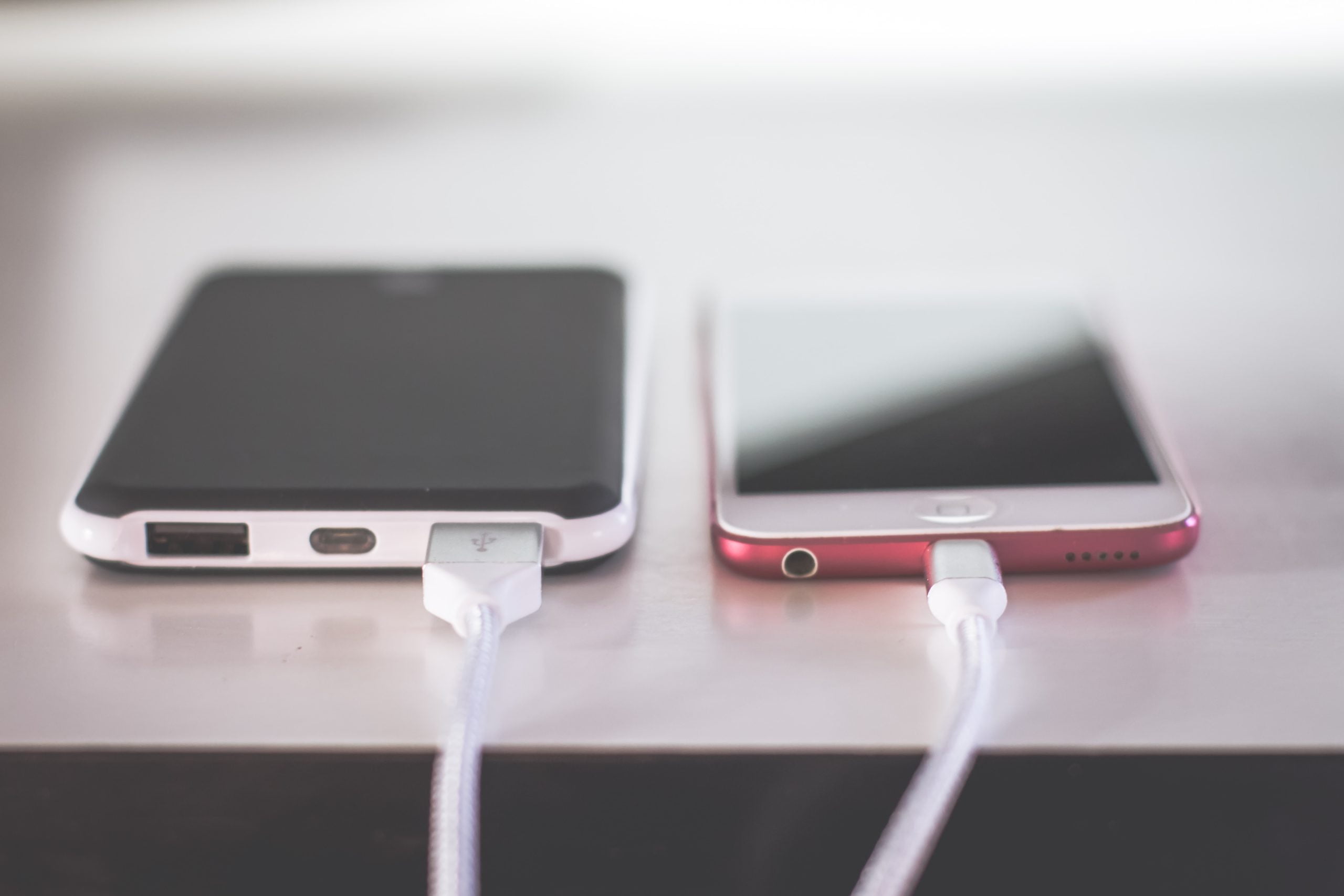Juice jacking is a term that has gained attention in recent years as a cyber-theft tactic that targets unsuspecting individuals who charge their electronic devices at public USB charging stations. These charging stations, which are often found in airports, hotels, cafes, and other public spaces, can be manipulated by criminals to load malware onto the charging station itself. A hacker can then use malicious software to access and extract personal data, including passwords, from the device being charged.
The concept of juice jacking takes advantage of the convenience and ubiquity of public USB charging stations. Many people rely on these stations to quickly recharge their smartphones, tablets, and other devices while on the go. However, what may seem like a harmless act of plugging in and charging your smartphone can quickly become a security nightmare.
Once malware is loaded onto a compromised charging station, it can silently and surreptitiously access the connected device. This can allow cybercriminals to steal sensitive information such as login credentials, banking details, and personal data stored on the device. In addition, the victim may be completely unaware that their device has been compromised until it’s too late.
To protect yourself against the threat of juice jacking, there are several precautions you can take. One of the simplest steps is to avoid using public USB charging stations altogether. Instead, opt for AC power outlets whenever possible. While this may require carrying a wall charger or adapter, it significantly reduces the risk of falling victim to “juice jacking” attacks.
Another option is to carry an external battery pack or power bank. These portable chargers allow you to charge your devices without relying on public charging stations. By using your own power source, you eliminate the need to connect to potentially compromised USB ports.
Consider using a charging-only cable if you must use a public USB charging station. These cables are designed to disable data transfer when connected to a USB port, allowing only for power transfer. This extra layer of protection can mitigate the risk of malware being loaded onto your device while charging.
In addition to the threat of juice jacking, it’s important to be aware of other potential cybersecurity risks when using public spaces, such as public WiFi networks. Cybercriminals often target these networks to intercept sensitive information transmitted between devices and the internet. To safeguard against such attacks, using a virtual private network (VPN) when connecting to public WiFi is advisable. For example, a VPN encrypts your internet traffic, making it difficult for attackers to eavesdrop or intercept your data.
The Federal Communications Commission (FCC) provides a consumer guide on wireless connections and Bluetooth security tips, which can further enhance your knowledge and awareness of potential risks when using public networks. Following these guidelines can help you stay one step ahead of cyber criminals and protect your personal information while on the go.
In conclusion, “juice jacking” is a cyber-theft tactic that can compromise the security of your electronic devices when charging at public USB charging stations. By using AC power outlets, carrying an external battery pack, and considering the use of charging-only cables, you can significantly reduce the risk of falling victim to such attacks. Additionally, being cautious when connecting to public WiFi networks and implementing security measures like a VPN can further enhance your protection against cyber threats. Finally, remember to prioritize your cybersecurity and take proactive steps to safeguard your personal information while traveling or using public spaces.








